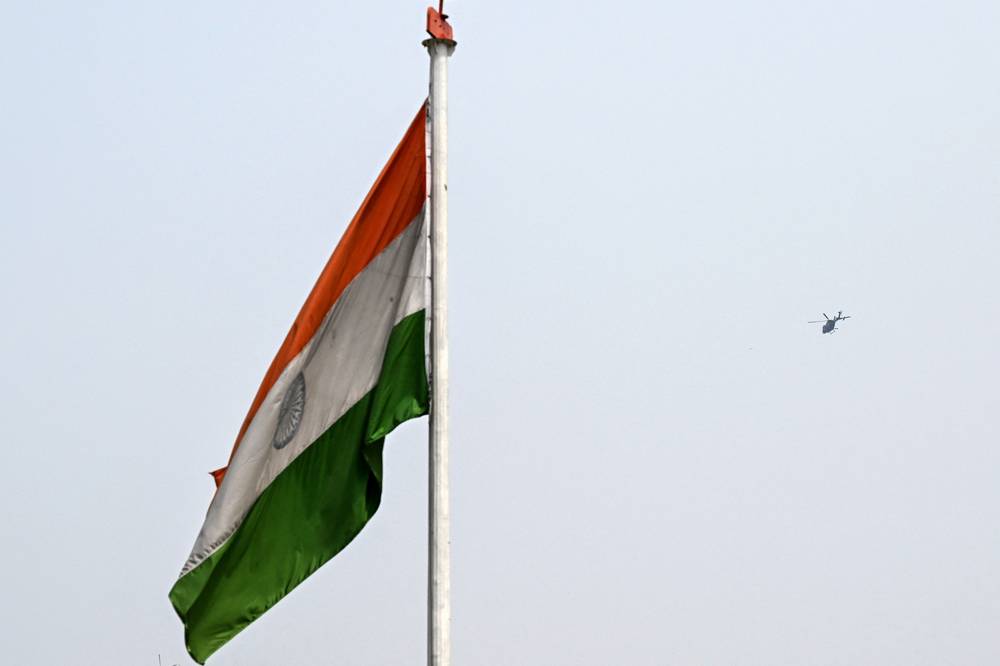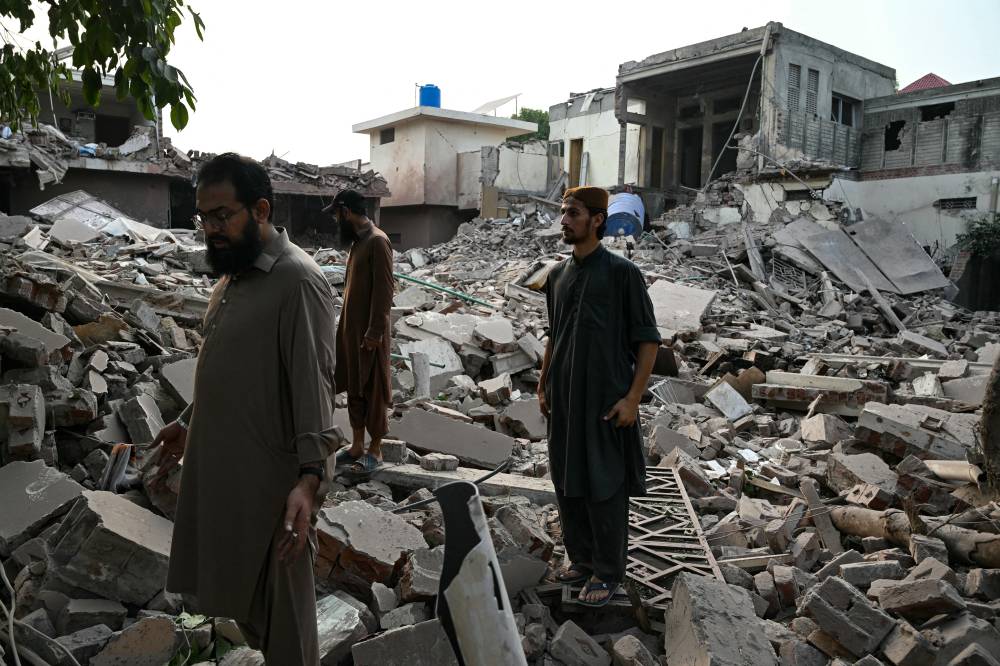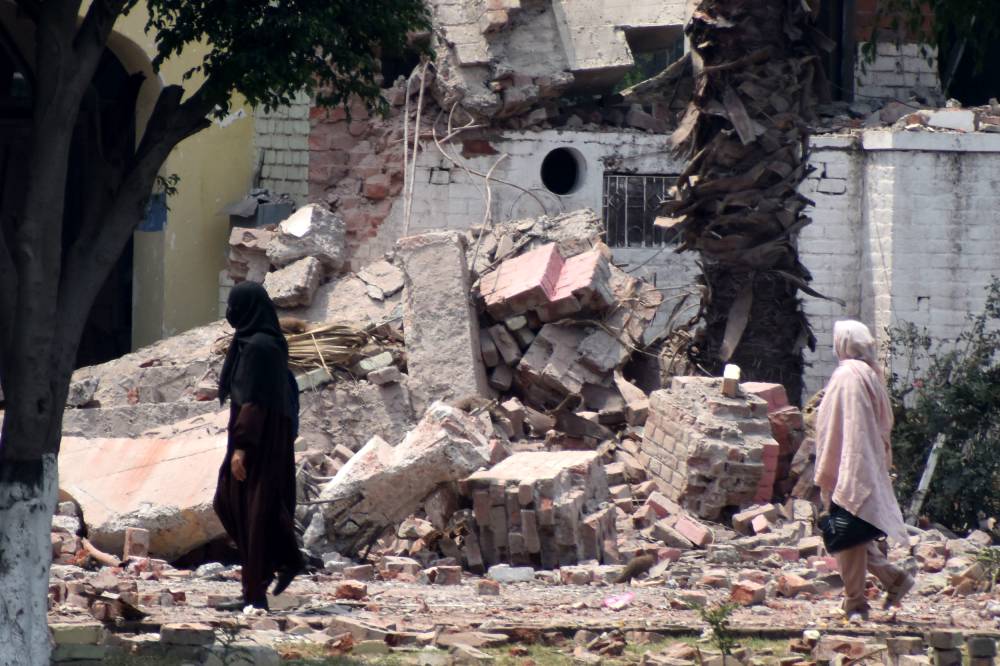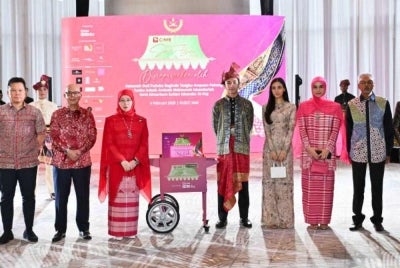India-Pakistan Conflict: Should Malaysia answer the call to boycott India or champion peace?
In Malaysia, where communities share deep historical and familial ties to both countries, the question arises: Should Malaysia heed the call to boycott or push for peaceful resolutions?

SHAH ALAM - Amid escalating tensions between India and Pakistan, calls for an international boycott of India are growing, citing alleged civilian casualties and mosque attacks in Pakistan.
In Malaysia, where communities share deep historical and familial ties to both countries, the question arises: Should Malaysia heed the call to boycott or push for peaceful resolutions?
North-South Initiative Executive Director and human rights activist Adrian Pereira believed the response must be guided by humanitarian principles rather than emotional reactions.
“Addressing the call to boycott India requires a careful and strategic approach, particularly from a human rights perspective. In any situation involving war or violence, the global response must be both humanitarian and political.
“Mechanisms such as the United Nations (UN) system and regional frameworks should be utilised to uphold international norms, especially those set by the Geneva and Vienna Conventions.”
“We do not condone war, but it is essential to emphasise that targeting civilians and places of worship is unequivocally prohibited under international law,” he told Sinar Daily.
Understanding the Deeper Context
Pereira urged Malaysians to consider the deeper historical context, emphasising Malaysia’s historical role on the global stage.
“This includes examining the historical roots of the conflict, roots that are often tied to colonial legacies. Understanding who created the animosities of the past and how we can begin to heal those historical wounds is vital.
“A decolonial lens can help us better comprehend the long-standing tensions and allow for more meaningful interventions. Yet, we must also acknowledge that the root cause of the current conflict is not entirely clear, which makes any response even more complex,” he added.

Within this framework, Pereira pointed to the unique position of the Malaysian diaspora. He pointed out that many in Malaysia have familial and cultural ties to both India and Pakistan.
“We must remember that these regions – India, Pakistan, Bangladesh and even parts of Myanmar – were once part of a single geopolitical entity. Therefore, the diaspora has a responsibility to call for peace and resist narratives that incite division or conflict.
“Some diaspora voices have already begun calling for more aggressive actions and this must be approached with caution.
“Boycotts have traditionally served as symbolic acts of protest, but we must ask whether they truly address the underlying issues.
“Malaysians must be thoughtful and strategic in their activism, ensuring that we target the right causes and not fall into the trap of misdirected outrage,” he said.
The Universal Protection of Minorities
For Adrian, the universal protection of minorities should remain non-negotiable. He emphasised that all minorities, whether in India or Pakistan, deserve protection and that this must be a universal principle.
Ultimately, Adrian’s message is one of peace, not protest.
“The only sustainable path forward is through dialogue, peace negotiations and constructive alternatives. We must reject all forms of violence and instead promote values of universality, solidarity and peace.
“This also includes ensuring that no foreign or Western interests distort the peace process. India and Pakistan, after all, are caught in a geopolitical tug-of-war influenced by powers from all directions – east, west, north and south,” he said.
Adrian also pointed to Malaysia’s potential role in brokering peace.
He said that if Prime Minister Datuk Seri Anwar Ibrahim were to step forward as a peacemaker, it would be a significant move, especially with Malaysia currently chairing Asean.
He highlighted that this could mark the beginning of a meaningful peace initiative and such leadership is urgently needed.
“We must never take peace for granted. Even within our own borders, we face unresolved tensions, such as the armed conflict along the Thailand-Malaysia border.
“In light of what’s happening between India and Pakistan, now more than ever, there should be a united call for interfaith prayers and collective efforts toward peace,” he said.

Tensions between India and Pakistan over the disputed region of Kashmir escalated sharply in May 2025 following a deadly militant attack on April 22 near Pahalgam in Indian-administered Kashmir.
The attack, which killed 26 people, including Indian and Nepalese civilians, was the deadliest on civilians in the region since the 2008 Mumbai attacks. In response, India launched “Operation Sindoor,” a large-scale retaliatory airstrike targeting sites in Pakistan and Pakistan-administered Kashmir on May 7.
Indian officials claimed the targeted locations were used by the militants responsible for the Pahalgam attack, allegedly linked to Pakistan, a claim denied by Islamabad. Pakistan reported that the strikes killed at least 21 civilians and declared the move an act of war.
The Kashmir conflict has roots in the 1947 partition of British India, when the princely state of Jammu and Kashmir acceded to India despite its Muslim-majority population. This sparked the first of several wars between the two nations, with the territory ultimately split between them by a UN-negotiated ceasefire line, now known as the Line of Control.
India and Pakistan have fought wars over Kashmir in 1947, 1965 and 1999, and remain locked in a decades-long rivalry over the region, exacerbated by both countries possessing nuclear weapons.
In 2019, former Indian prime minister Narendra Modi’s government intensified tensions by revoking the special autonomous status of Indian-administered Kashmir and implementing policies that critics say aim to change the region’s demography.
While India has promoted a narrative of peace and increased tourism, recent attacks have undercut these claims and reignited fears of broader conflict between the two nuclear powers.
Download Sinar Daily application.Click Here!















